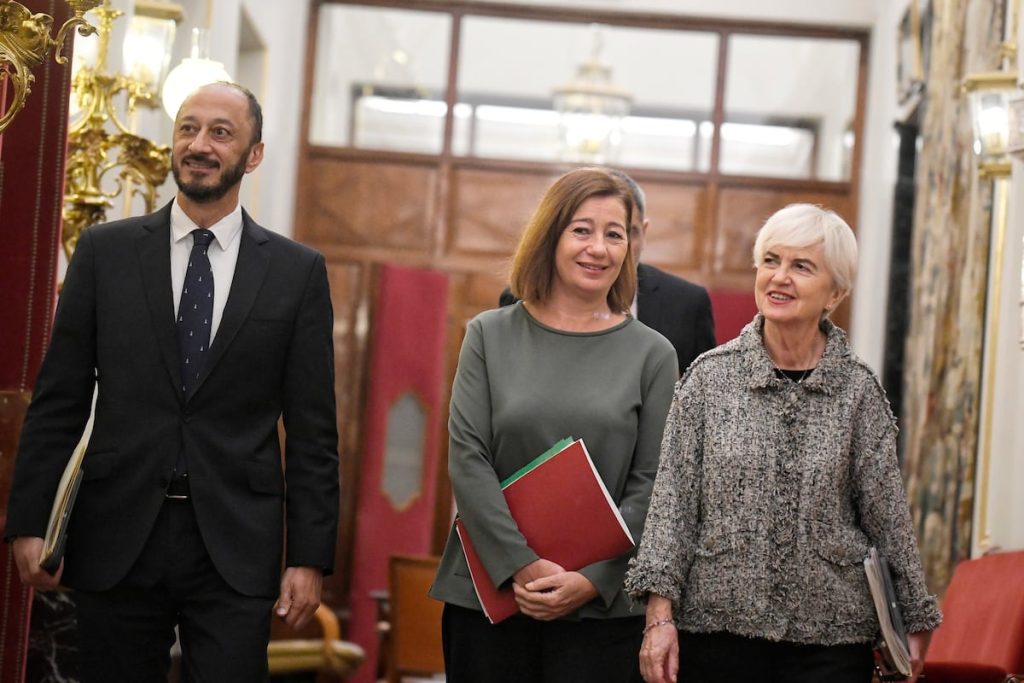PP and Vox will lose their favorable vote on the law on the exchange of criminal records in Europe, which will allow some ETA prisoners to reduce the time served in prison in other countries. The Congress’s Mesa will ratify the agreement made last week not to reopen the issue for debate, contrary to what the Senate intended. The Congress believes that the Senate, with a majority of the PP, missed the legal deadline to present a veto to the law. The lower house’s legal services reject the Senate’s arguments, which aimed to validate a vote against the law as a veto held in a plenary session outside the legal period.
The agreement of the Congress’s Mesa on the issue on September 15, which was against reopening the matter, was deemed “fully in line with the law,” according to a report from the legal services accessed by EL PAÍS. Therefore, the lower house “has fulfilled its constitutional and regulatory obligations” by deciding to send the law to the Government’s Presidency for publication in the Official State Gazette. When El Confidencial reported on September 7 that the law could shorten the prison stay of some ETA members, the bill was already in the Senate. The Congress had unanimously approved it on September 15 as the transposition of a European regulation. The PP, which claimed to have supported the text by mistake, had no room for maneuver in the Senate, where it has an absolute majority.
The popular party had let the deadline for amendments and a veto pass, the legal routes to return a text to the Congress. However, the bill was submitted to the plenary on September 14, and with an absolute majority, it expressed opposition to its content. That same day, the President of the Senate, the popular Pedro Rollán, unexpectedly presented a report from his legal advisors equating the vote held with a formal veto and returned the text to the Congress to postpone its entry into force. The Mesa of the lower house rejected the reopening of the issue the next day with the endorsement of its legal service. This Tuesday, it will confirm the decision with the majority of the PSOE and Sumar, based on a more comprehensive report from the legal advisors that dismantles the Senate’s arguments.
The report insists that the rejection of the Senate cannot be considered a veto and argues that even the advisors of that body do not refer to it as such, but rather that, as it was approved by an absolute majority, it is equivalent. However, even if that were the case, the rejection by the Senate also occurred outside the 20 “natural” days deadline set by the Constitution to pronounce on matters that the Government declares urgent. The legal services of the Senate attempt to circumvent this provision by arguing that it is common practice to start counting the processes not from the day a project arrives but from its publication in the Official Bulletin of the Senate. The Constitution clearly states in Article 90.2 that time runs “from the day the text is received.”
Regardless of how the counting is done, the deadline would have expired on Sunday, September 13, when the Senate plenary session voted on the 14th. The Senate introduces a new caveat: the Sunday should not be counted. The legal services of the Congress argue that there is no provision in the Senate’s Rules that allows turning the 20 natural days referenced in the Constitution into 21 just because the 20th day falls on a holiday. The PP now threatens to bring a conflict of attributions between the two chambers to the Constitutional Court.


